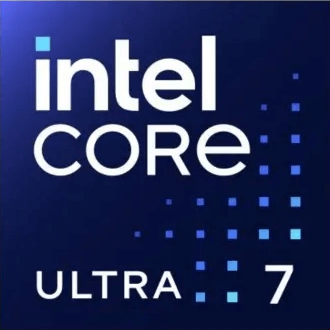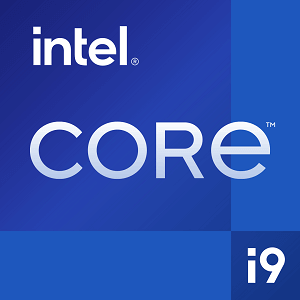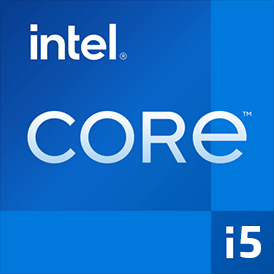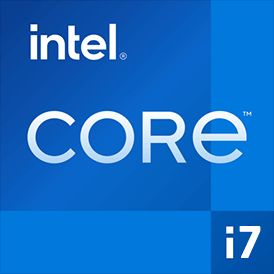Intel Core Ultra 7 255HX vs Apple M3 Max
We compared two laptop CPUs: Intel Core Ultra 7 255HX with 20 cores 2.4GHz and Apple M3 Max with 16 cores 4.05GHz . You will find out which processor performs better in benchmark tests, key specifications, power consumption and more.
Main Differences
Intel Core Ultra 7 255HX 's Advantages
Released 1 years and 3 months late
Newer PCIe version (5.0 vs 4.0)
Lower TDP (55W vs 56W)
Apple M3 Max 's Advantages
Better graphics card performance
Higher specification of memory (6400 vs 6400)
Larger memory bandwidth (409.6GB/s vs 102.4GB/s)
Higher base frequency (4.05GHz vs 2.4GHz)
Score
Benchmark
Cinebench R23 Single Core
Intel Core Ultra 7 255HX
+4%
2030
Apple M3 Max
1950
Cinebench R23 Multi Core
Intel Core Ultra 7 255HX
+6%
25611
Apple M3 Max
24002
Geekbench 6 Single Core
Intel Core Ultra 7 255HX
3102
Apple M3 Max
+4%
3227
Geekbench 6 Multi Core
Intel Core Ultra 7 255HX
15879
Apple M3 Max
+33%
21164
Cinebench 2024 Single Core
Intel Core Ultra 7 255HX
132
Apple M3 Max
+7%
142
Cinebench 2024 Multi Core
Intel Core Ultra 7 255HX
1590
Apple M3 Max
+5%
1683
General Parameters
Jan 2025
Release Date
Oct 2023
Intel
Manufacturer
Apple
Laptop
Type
Laptop
x86-64
Instruction Set
ARMv8
Arrow Lake
Core Architecture
Apple M3
255HX
Processor Number
-
FCBGA-2114
Socket
Apple M-Socket
Arc Graphics (4-Cores)
Integrated Graphics
Apple M3 Max GPU (38-core)
Ultra 7 (Arrow Lake)
Generation
-
Package
-
Transistor Count
92 billions
3 nm
Manufacturing Process
3 nm
45-55 W
Power Consumption
56 W
160 W
Max Turbo Power Consumption
-
105 °C
Peak Operating Temperature
100 °C
Intel
Foundry
-
CPU Performance
8
Performance Cores
12
8
Performance Core Threads
12
2.4 GHz
Performance Core Base Frequency
4.05 GHz
5.2 GHz
Performance Core Turbo Frequency
4.05 GHz
12
Efficiency Cores
4
12
Efficiency Core Threads
4
1.8 GHz
Efficiency Core Base Frequency
2.75 GHz
4.5 GHz
Efficiency Core Turbo Frequency
2.57 GHz
20
Total Core Count
16
20
Total Thread Count
16
100 MHz
Bus Frequency
-
24
Multiplier
40
112 K per core
L1 Cache
192 K per core
2 MB per core
L2 Cache
32 MB shared
30 MB shared
L3 Cache
-
Yes
Unlocked Multiplier
No
1
SMP
-
Memory Parameters
DDR5-6400
Memory Types
LPDDR5-6400
192 GB
Max Memory Size
128 GB
2
Max Memory Channels
8
102.4 GB/s
Max Memory Bandwidth
409.6 GB/s
Yes
ECC Memory Support
No
Graphics Card Parameters
true
Integrated Graphics
true
300 MHz
GPU Base Frequency
500 MHz
1850 MHz
GPU Max Dynamic Frequency
1600 MHz
512
Shader Units
5120
32
Texture Units
320
16
Raster Operation Units
160
64
Execution Units
640
14
Power Consumption
60
1.9 TFLOPS
Graphics Performance
16.4 TFLOPS







